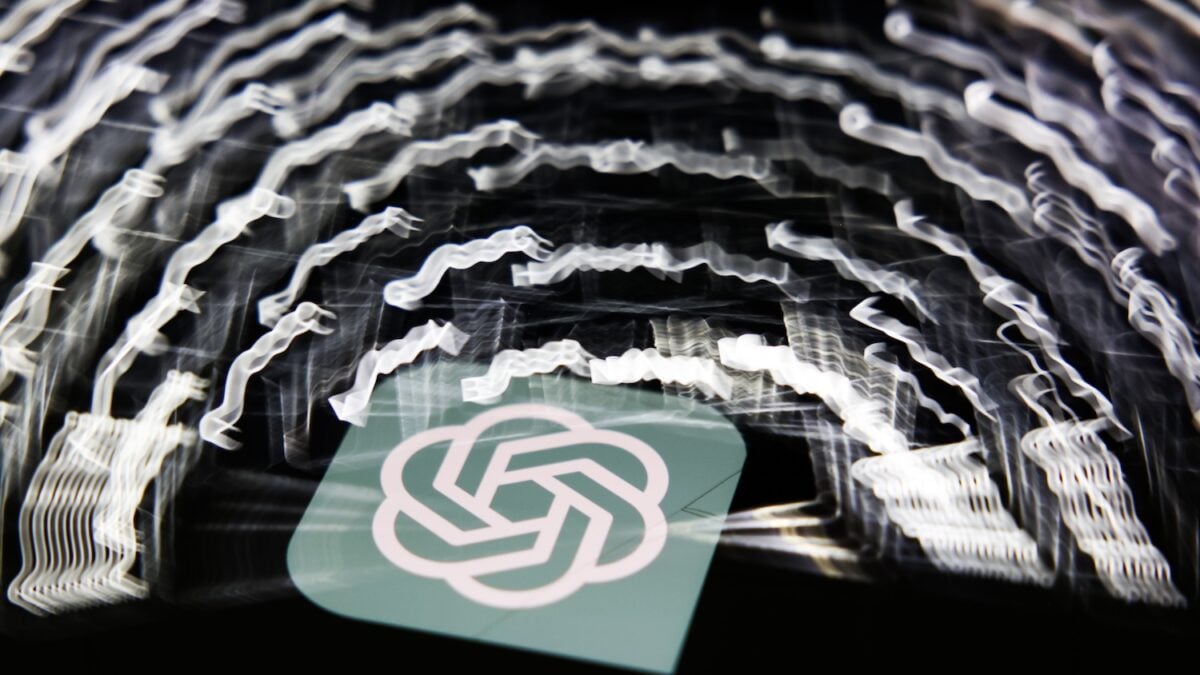OpenAI Challenges Court Order to Retain All ChatGPT Logs

In a significant legal battle, OpenAI is appealing a federal judge's order to indefinitely preserve all data from its ChatGPT platform. This decision comes amidst a copyright lawsuit, which OpenAI argues infringes on user privacy. The New York Times initiated the lawsuit against OpenAI and Microsoft in 2023, accusing them of violating copyrights by using its articles to train language models. OpenAI counters that the lawsuit lacks merit, asserting that their use of the articles falls under 'fair use'. Previously, OpenAI retained chat logs only for users who did not opt out of data collection. However, claims from the Times and other media outlets in May suggested that OpenAI was destroying chat logs that might contain evidence of copyright violations. This led Judge Ona Wang to order the preservation and segregation of all ChatGPT logs. OpenAI's appeal argues that the order prevents them from respecting users' privacy choices. The company insists it has not destroyed any data in response to litigation, contrary to the court's assumptions. Brad Lightcap, OpenAI's COO, criticized the lawsuit as baseless, stating that the demand to retain all data undermines privacy norms. CEO Sam Altman echoed these sentiments on social media, emphasizing the need for 'AI privilege', akin to confidentiality with lawyers or doctors. The court's order has sparked privacy concerns among users. Social media reactions highlighted fears over the potential exposure of sensitive information shared with ChatGPT. Users have expressed the need for privacy, especially when using AI for personal advice or companionship. While OpenAI defends its practices, the case raises broader questions about AI training methods and the necessity of explicit consent for using online content. This debate is reminiscent of past controversies, such as Clearview AI's scraping of images for facial recognition, underscoring the importance of consent in AI development.